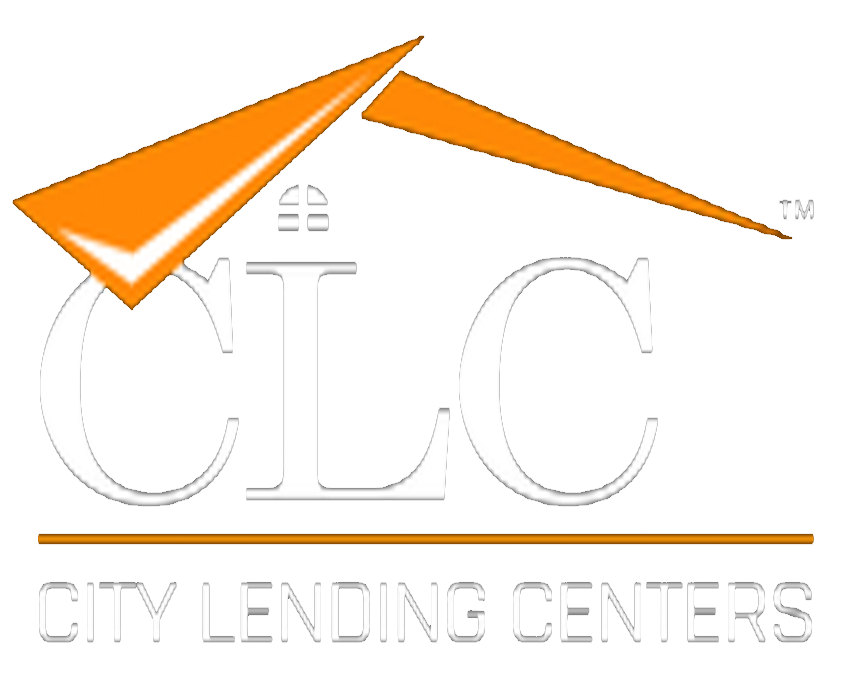If you’re in the market looking for home, you’re not just in the home market; you’ll also find yourself in the market for mortgage loan. When the borrower starts looking for lender to borrow a mortgage from, most of them are inclined toward the lender that gives the lowest interest rate in mortgage. Low interest rate means the borrower will be saving money time of the loan by making less expensive monthly payment. That’s why it’s important for you understand all those factors that affect your interest rate. These factors help a borrower determine several phases like if they have any chance of being approved, or why they might rejected.
Consider these factors that influence your mortgage interest rate.
1. Credit Score
Your credit score defines your credit standing and is one the major factors lenders use to predict your authenticity and trustworthiness as a borrower. A credit report is used to calculate the borrower’s credit score, which is composed of all your debts and (existing loans and credit cards) and your payment history on those debts. Credit scores vary from 300 to 850. Usually, if you have a good credit score, it’ll be easy for you to obtain a lower interest rate.
2. Down Payment
Lenders usually see lower risk when a borrower is putting more toward the home upfront, which in turn reduce amount of money that will be borrowed. A higher down payment usually means lower rate of interest because lenders view borrower as lower risk. Borrower who is giving 20{394614724c57273a4c595be81299e7b9f866b52ebec43b48050cccd37d9cdd0a} down payment on a home may qualify for a lower rate of interest than the one who is giving 5{394614724c57273a4c595be81299e7b9f866b52ebec43b48050cccd37d9cdd0a} down payment.
3. Home Price and Loan
After the down payment is subtracted from the actual price of the home, the amount left is the sum you’ll be borrowing for mortgage loan. Typically, you pay higher rate of interest if the borrowing sum of your mortgage is particularly small or particularly large. It is important to keep the amount of loan in mind during your home search and consider how it’s going to affect your interest rate. With this assessment, you can decide how much you’re comfortable paying for your home each month.
4. Length of Mortgage
The length of mortgage is the duration or term of your loan. It means how much time you have to repay the loan. Generally, loans with shorter term have lower interest rates and lower overall cost, but they have higher monthly payments. Everything depends on the specifics – precisely how much lower the amount you’ll pay in interests and how much higher the monthly payments. It depends on the length of the loans you’re looking at as well as the interest rate.
5. Interest Rate Type
Normally, there are two basic kinds of interest: fixed and adjustable. Fixed interest rates do not change over the period of time. Adjustable rates have a fixed period and then the rate starts fluctuating up or down depending up on the market condition. Adjustable rate loans usually have lower initial interest, but the rate might increase significantly throughout the life of the loan.
